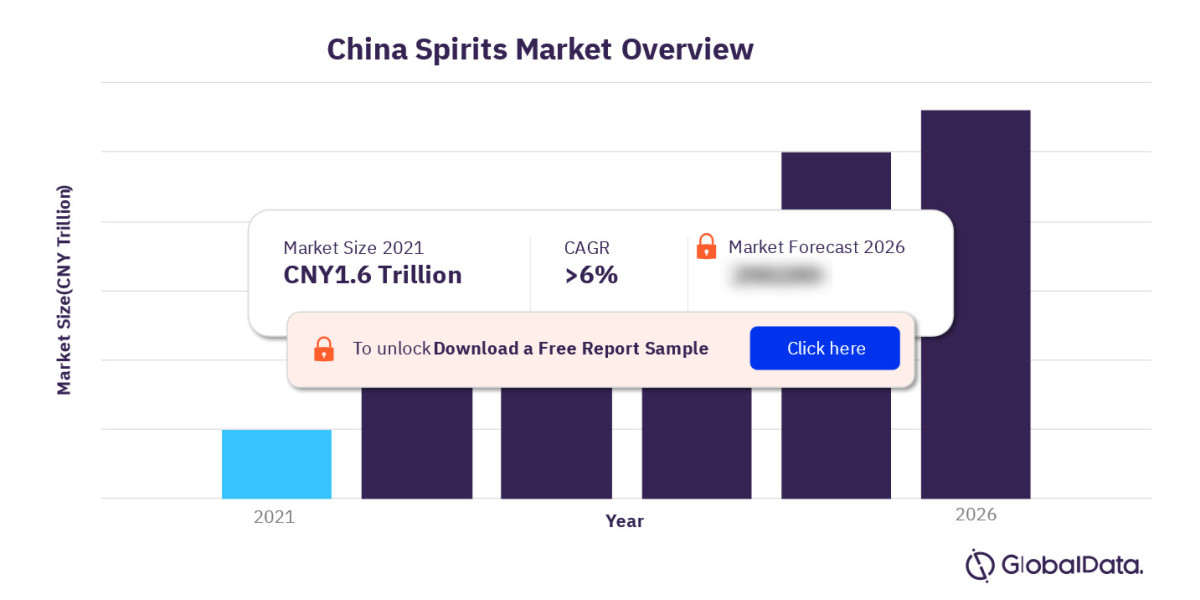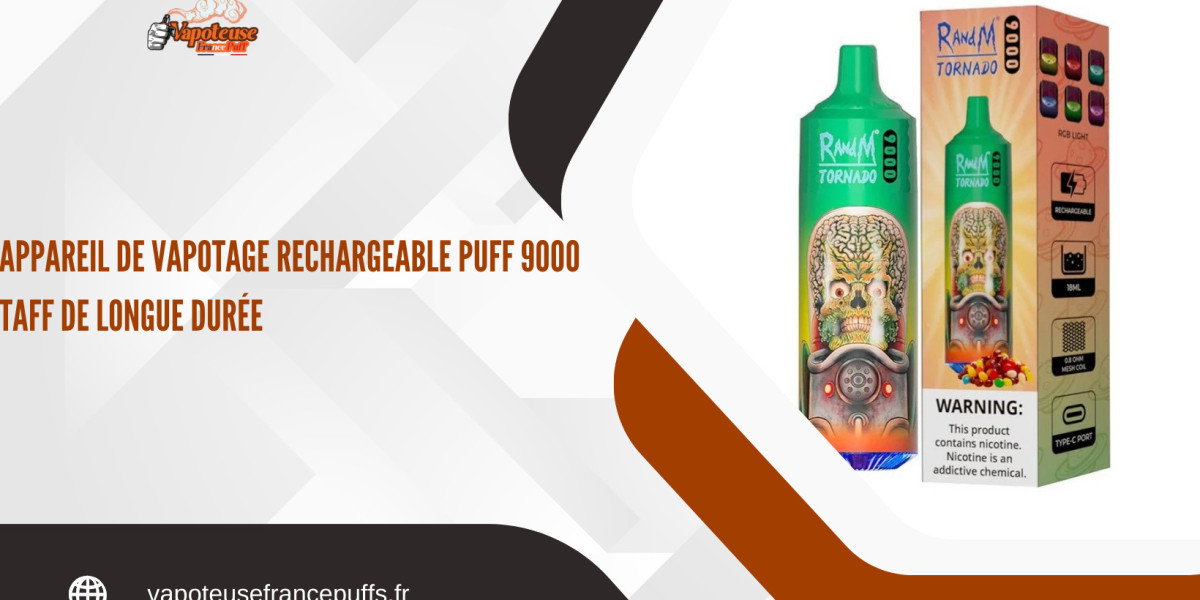China's beverage alcohol industry is a titan, boasting the world's largest spirits market by revenue. This article delves into the complexities of this dynamic sector, exploring its dominant player - Baijiu, the rise of imported spirits, and the evolving consumer preferences shaping the future.
Baijiu: The Undisputed King
For centuries, Baijiu (pronounced bye-joe) has reigned supreme in China. This potent grain alcohol, known for its distinctive aroma, is deeply ingrained in the country's social fabric. Gift-giving, business dinners, and celebrations are often incomplete without a toast with Baijiu. The market is dominated by three giants: Kweichow Moutai, Wuliangye, and Guojiao 1573, accounting for nearly 99% of the super-premium segment [Source: Spirits Selection]. Their prestige and brand recognition are unmatched.
The Allure of Baijiu
Several factors contribute to Baijiu's enduring popularity:
Cultural significance: Baijiu holds a special place in Chinese tradition, symbolizing respect, hospitality, and prosperity.
Diverse flavor profiles: While often described as strong and pungent, Baijiu encompasses a spectrum of aromas and tastes depending on the grain used, fermentation process, and aging. This variety caters to different palates.
Investment potential: Premium Baijiu, particularly Moutai, is seen as a valuable collectible, with prices steadily rising over time. This incentivizes gifting and stockpiling.
Challenges on the Horizon
Despite its dominance, Baijiu faces headwinds:
Shifting demographics: Younger generations, exposed to a wider range of beverages, are less accustomed to the strong flavors of traditional Baijiu.
Anti-corruption measures: China's crackdown on extravagant spending has dampened demand for luxury Baijiu often gifted in business settings.
Health concerns: Growing awareness of alcohol-related health issues may lead some consumers to moderate their Baijiu intake.
The Rise of Imported Spirits
While Baijiu remains the undisputed leader, imported spirits are carving a niche in China's market. Consumers, particularly in major cities, are developing a taste for international brands:
Whiskey: Scotch whisky, with its rich heritage and diverse styles, enjoys increasing popularity.
Wine: Wine consumption, though impacted by recent trade tensions, is showing signs of recovery, with French wines holding a strong position.
Other spirits: Vodka, gin, and agave spirits like tequila are also gaining traction, driven by a desire for new experiences and cocktail culture.
Factors Fueling the Import Boom
Several trends are propelling the rise of imported spirits:
Premiumization: Consumers are willing to spend more on high-quality spirits, associating them with sophistication and status.
Evolving lifestyles: Urbanization and a growing middle class create a demand for diverse beverage options for different occasions.
Western influence: Exposure to international media and travel piques interest in foreign spirits.
Opportunities for International Brands
International beverage companies see immense potential in the Chinese market. However, navigating this complex landscape requires careful consideration:
Localization: Understanding regional preferences and adapting marketing strategies is crucial. For instance, some consumers might prefer milder Baijiu styles or sweeter wine options.
Building Brand Image: Creating a strong brand identity that resonates with Chinese consumers is essential. Highlighting heritage, quality, and storytelling can be effective.
Distribution channels: Establishing a robust distribution network, encompassing both traditional retailers and e-commerce platforms, is necessary for reaching a wider audience.
The Evolving Landscape of China's Spirits Market
The future of China's spirits market promises exciting developments:
Premiumization: The trend towards higher-quality spirits across categories, both domestic and imported, is expected to continue.
Innovation: Manufacturers are experimenting with new flavors, production methods, and packaging to cater to evolving consumer preferences. Look for Baijiu with innovative flavor profiles or ready-to-drink cocktails using imported spirits.
E-commerce: Online platforms will play an increasingly significant role in spirit sales, offering convenience and wider product selection.
Sustainability: Consumers are becoming more environmentally conscious, leading to a potential rise in demand for spirits produced with sustainable practices.
Conclusion
China's spirits market presents a unique and dynamic landscape. While Baijiu maintains its dominant position, the rise of imported spirits and changing consumer preferences are reshaping the industry. Understanding these trends and adapting accordingly will be key to success for both domestic and international players in this ever-evolving market.
For more insights on the China spirits market forecast, download a free report sample



